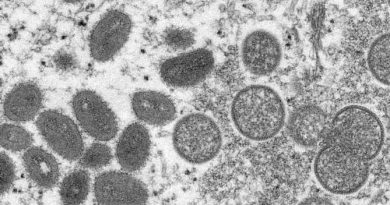Improved access to psychotherapy reduces impact of anxiety and depression

The innovative treatment model, Improving Access to Psychological Therapies (IAPT), and its Norwegian adaptation, Prompt Mental Health Care (PMHC), have been evaluated by cohort studies only. Albeit yielding promising results, the extent to which these are attributable to the treatment thus remains unsettled.
This study investigated the effectiveness of the PMHC treatment compared to treatment as usual (TAU) at 6-month follow-up. A randomized controlled trial with parallel assignment was performed in two PMHC sites (Sandnes and Kristiansand) and enrolled clients between November 9, 2015 and August 31, 2017. Participants were 681 adults (aged ≥18 years) considered for admission to PMHC due to anxiety and/or mild to moderate depression. The main outcomes were recovery rates and changes in symptoms of depression (PHQ-9) and anxiety (GAD-7) between baseline and follow-up. Primary outcome data were available for 73/67% in PMHC/TAU.
Results showed a reliable recovery rate of 58.5% observed in the PMHC group and of 31.9% in the TAU group, equaling a between-group effect size of 0.61 (95% CI 0.37 to 0.85,p< 0.001). The differences in degree of improvement between PMHC and TAU yielded an effect size of –0.88 (95% CI –1.23 to –0.43,p< 0.001) for PHQ-9 and –0.60 (95% CI –0.90 to –0.30,p< 0.001) for GAD-7 in favor of PMHC. All sensitivity analyses pointed in the same direction, with small variations in point estimates. Findings were slightly more robust for depressive than anxiety symptoms. PMHC was also more effective than TAU in improving all secondary outcomes, except for work participation (z= 0.415,p= 0.69).
Source: Read Full Article



